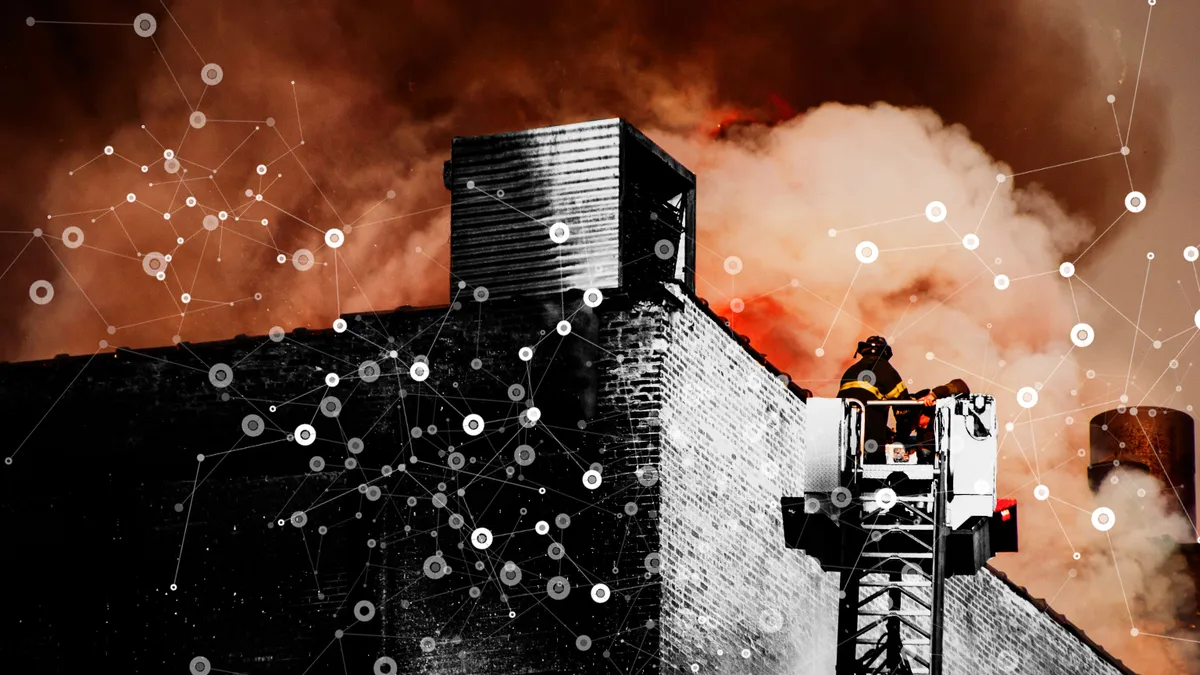Dive Brief:
- The City of Chicago has launched a partnership with Smart911, a free and voluntary service for individuals to provide personal, medical or situational information to first responders in the case of an emergency. The city is now the biggest single user of the service.
- Through Smart911, users can create a safety profile that automatically feeds the dispatch service information like location, home layout, vehicle details, family members, pre-existing medical conditions and other notes that could be helpful in an emergency. Users can also provide mental health information, part of the city’s push to improve mental and behavioral health response.
- "Smart911 is part of our effort to leverage every tool to help first responders respond quickly and appropriately to emergency situations — be it a burning home or a mental health crisis,” said Chicago Mayor Rahm Emanuel in a statement. "The information residents provide today can help save a life or more quickly de-escalate a tense situation tomorrow.”
Dive Insight:
The 911 infrastructure remains built for a landline world, a fact cities are having to come to grips with. Location services are especially challenging — cell phones may not deliver an exact location, and a weak signal or a dropped call complicates things even further. The Federal Communications Commission (FCC) will require carriers to locate callers within a 50-meter radius at least 80% of the time by 2021, but cities are trying to make improvements even sooner.
Nashville, TN and Apple struck a deal this summer to allow 911 callers to automatically share their location with dispatchers using Apple’s iOS location service (which it says exceeds the FCC standard), building on Apple’s existing partnership with RapidSOS, a company that shares location information with police and firefighters. Smart911 has launched in dozens of cities around the country, including Atlanta, Denver and Washington, DC.
Uber has even tried to improve emergency response for its customers, saying it will automatically send a user’s location to 911 responders if there is an accident in an Uber vehicle in certain markets.
Of course, the service contains privacy concerns, since residents would be asked to turn over personal health and location information to a database. The Chicago Sun-Times reports that city officials have been making the case this week that all data would be secure. Alicia Tate-Nadeau, executive director of the city’s Office of Emergency Management and Communications, said it was a "closed, redundant system that only resides on a public safety backbone” and that it "doesn’t touch any public network."












